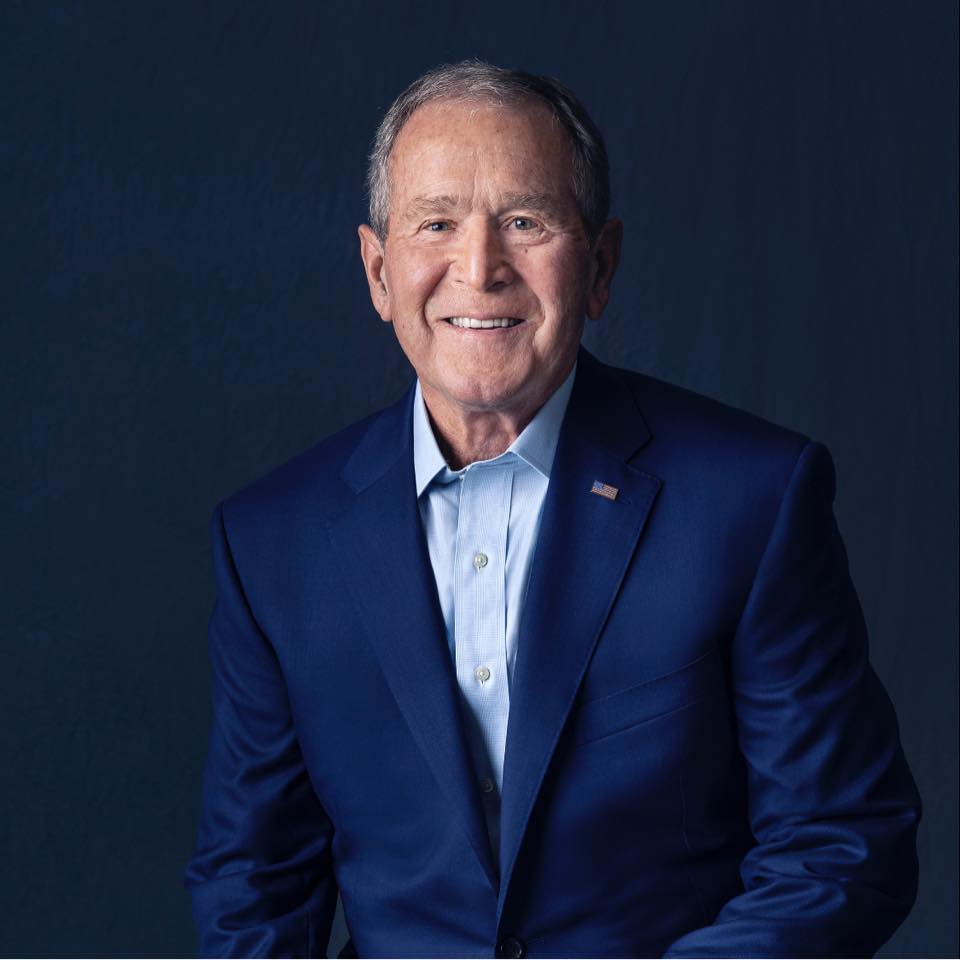
“We are on the verge of ending the HIV/AIDS epidemic. To abandon our commitment now would forfeit two decades of unimaginable progress and raise further questions about the worth of America’s word.”
— George W. Bush, 43rd President of the United States Hear this quote in context on the reauthorization of PEPFAR

